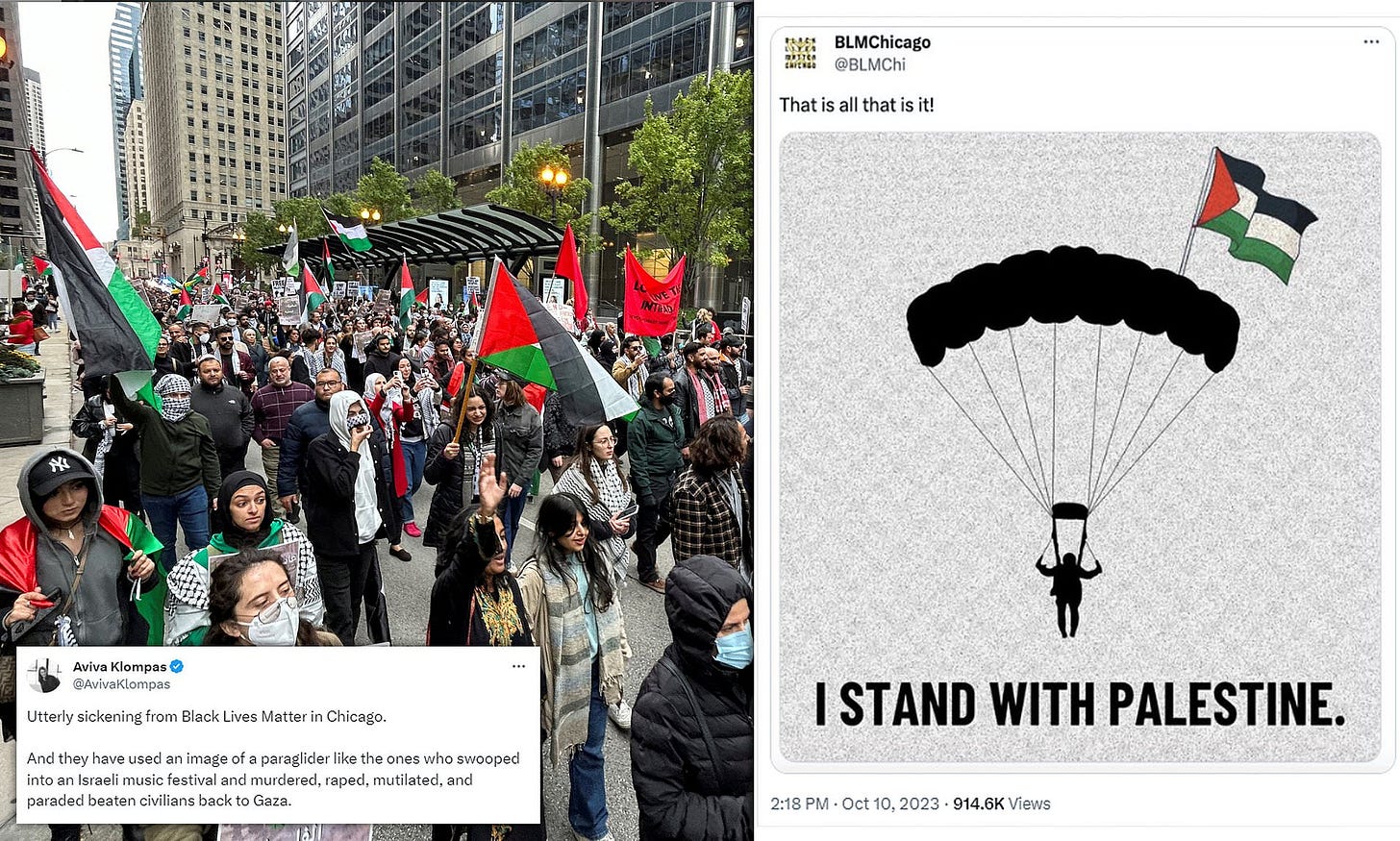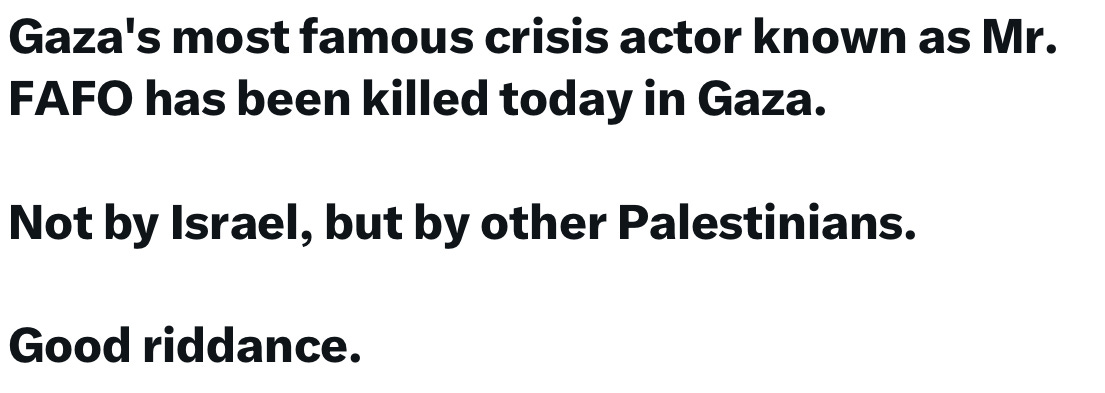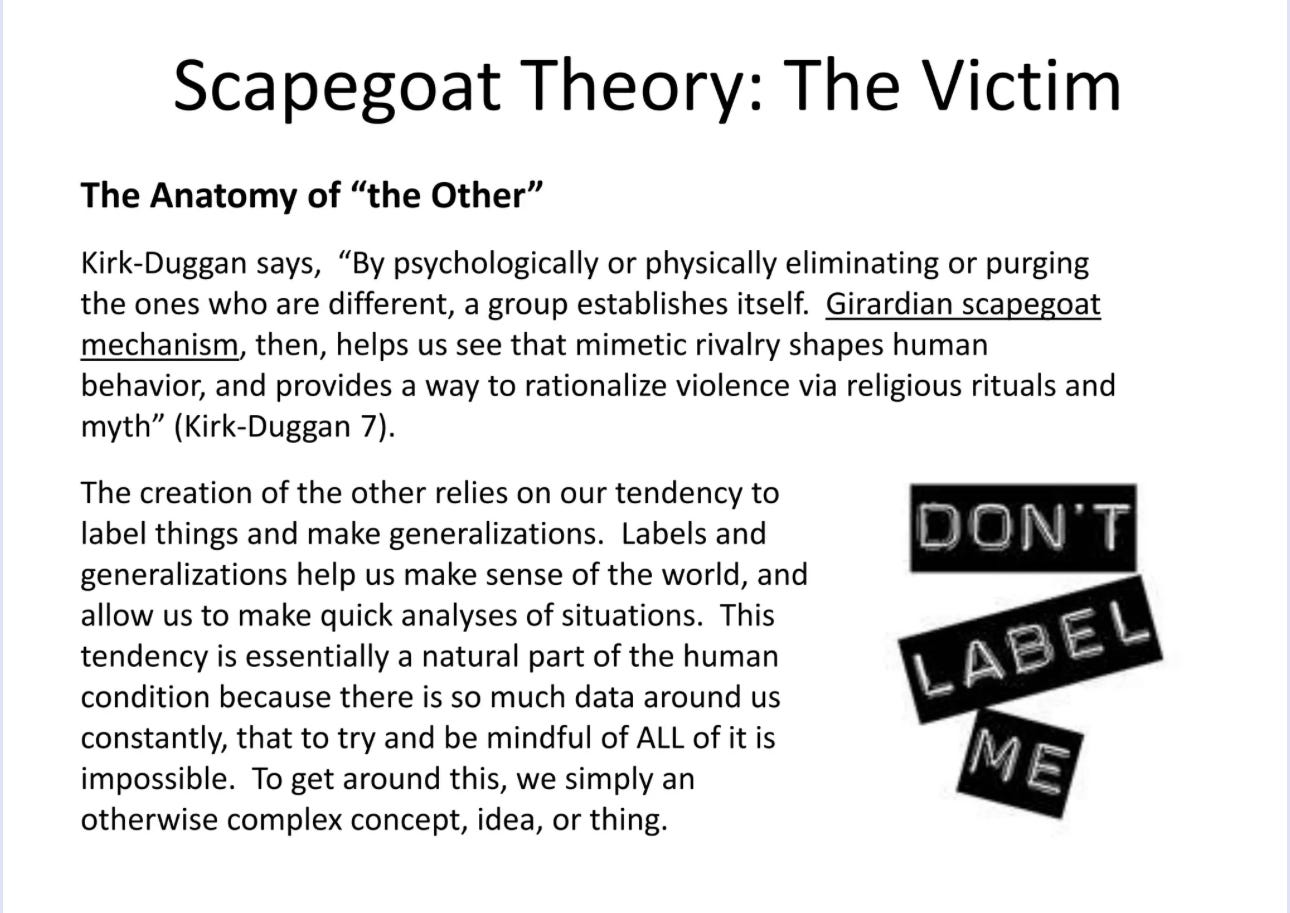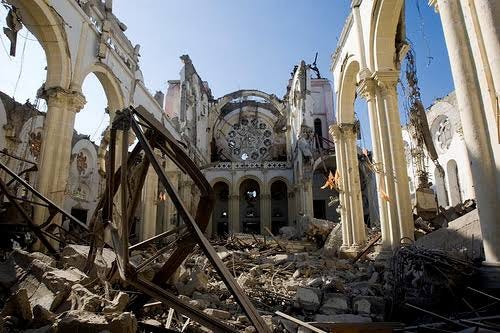Dark as Midnight, Part 1
part one of a three part Brian Zahnd sermon series on the Book of Job
This is the first of two sermon reflections for Sunday, October 12, 2025. In this essay I share my reflections about Brian Zahnd’s sermon on the first half of the Book of Job.
Image Credit: Sander Copier via Unsplash
“The Book of Job is in the bible to show Proverbs isn’t true.” —Walter Brueggemann
In the Bible, Job sits between Psalms and Proverbs. The Book of Psalms provides a middle ground between the two opposing books. Job confounds and disturbs. Written in obscure Hebrew poetry, it demands that those who study it take their time, let the words soak in, ponder that meaning of what’s written. Many competing theories exist regarding whether Job existed or not. It’s entirely besides the point. We don’t need Job to exist to grasp the meaning and significance of this book of the Bible.
The book describes the experience of a man named Job, a pious man who had a good and wealthy life and who fell on hard times. G-d allowed The Accuser, called Ha Satan in Hebrew, to test Job’s faith by inflicting various hardships and trials on him. It begins with a prosaic prologue which sets up the story. We can find little to no theological significance in the prologue—the poetry matters, it contains theological and spiritual lessons.
Summary and Exegesis
So, The Accuser makes a deal with Gd to test Job, a blameless and pious man. Job loses everything, his livestock, his wealth and his children. He gets a terrible disease. He suffers intensely.
Three friends—Eliphaz the Temanite, Bildad the Shuhite, and Zophar the Naamathite—come to sit with Job, the friends join together to comfort him. They wail and weep and tear their clothes, they remain silence for seven days, seeing the enormity of their friend’s suffering. Eliphaz, Bildad, Zophar prove themselves miserable comforters because, when they speak, they each end up blaming Job for his suffering.
After seven days, Job interrupts the silence to say he wishes he’d never been born.
Job 3:3-4 :: Let the day perish in which I was born, and the night that said, ‘A man-child is conceived.’ 4 Let that day be darkness! May God above not seek it, or light shine on it.
The friends speak, in their bid to comfort him. Or maybe they really only want to comfort themselves? Readers can judge for themselves. Eliphaz goes first, telling Job he isn’t blameless. Because this kind of suffering and hardship doesn’t happen to innocent people.
Job 4:7-9 :: 7 “Think now, who that was innocent ever perished? Or where were the upright cut off? 8 As I have seen, those who plow iniquity and sow trouble reap the same. 9 By the breath of God they perish, and by the blast of his anger they are consumed.
Job responds to Eliphaz that not showing kindness to a friend is sinful. “Those who withhold kindness from a friend forsake the fear of the Almighty,” (Job 6:14).
Brian Zahnd quotes Abraham Joshua Heschel at this point in the sermon, “when I was young, I used to admire intelligent people; as I grow older, I admire kind people.”
Unable to resist the urge “to comfort” Job, Bildad piles on. He says G-d doesn’t twist justice and so your kids must have sinned and therefore you’re paying for their sins. BZ describes this reasoning as rooted in Manicheanism. Bildad expresses a divine determinism, rife with righteous reciprocity, in which G-d metes out justice in the form of punishment.
Job says he’s blameless doesn’t know self he loathes his life. He didn’t do anything to deserve this. Everything is dark as midnight.
Job 9:21-22 :: 21 I am blameless; I do not know myself; I loathe my life. 22 It is all one; therefore I say, he destroys both the blameless and the wicked.
Job 10:1 :: “I loathe my life; I will give free utterance to my complaint; I will speak in the bitterness of my soul.
Job 10:22 :: 22 It is a land as dark as midnight, a land of gloom and confusion, where even the light is dark as midnight.’”
Not wanting to miss an opportunity to participate in the “comforting” of his friend, Zophar chimes in. He says Job is mocking Gd. Zophar shames Job. Brian Zahnd describes shame as a lethal weapon that kills souls.
Job 11:2-3 :: 2 “Shouldn’t someone answer this torrent of words? Is a person proved innocent just by a lot of talking? 3 Should I remain silent while you babble on? When you mock God, shouldn’t someone make you ashamed?
BZ tells us that we see three cycles of debating in the book of Job; in the third round Zophar drops out. The friends continue their accusatory “comfort,” which becomes more psychologically cruel—at one point in Chapter 22, (spoiler alert) the friends accuse Job of robbing widows and crushing the hopes of orphans.
Job responds to Zophar with sarcasm and irritation. Job doesn’t feel the loving comfort of his friends at this point, reader.
Job 12:2 :: 2 “You people really know everything, don’t you? And when you die, wisdom will die with you!
Job 13: 1-5 :: Look, I have seen all this with my own eyes and heard it with my own ears, and now I understand. 2 I know as much as you do. You are no better than I am. 3 As for me, I would speak directly to the Almighty. I want to argue my case with God himself. 4 As for you, you smear me with lies. As physicians, you are worthless quacks. 5 If only you could be silent! That’s the wisest thing you could do.
Job 13:11-13 :: 11 Doesn’t his majesty terrify you? Doesn’t your fear of him overwhelm you? 12 Your platitudes are as valuable as ashes. Your defense is as fragile as a clay pot.13 “Be silent now and leave me alone.
Apparently wanting to add fuel to the fire, Eliphaz responds. He thinks Job had turned away from Gd, has lost fear of Gd. Eliphaz says that Job condemns himself, reiterating that these tribulations have befallen Job as a punishment for Job’s wickedness.
Job 15:12-13 :: 12 What has taken away your reason? What has weakened your vision,13 that you turn against God and say all these evil things?
Artwork: Job on the Dunghill, Gonzalo Carrasco, 1881.
Job responds, calling his friends out as miserable comforters. They’ve don’t nothing but victim blame, shame, and judge him for expressing anger and sorrow in the throws of his suffering. It’s like telling your friend you’re having a terrible time everything sucks and feels impossible and you’re hurting and having them respond don’t be so negative, you’re harshing my vibe. Reader, Eliphaz, Bildad, and Zophar really suck at this comforting thing. It’s as though they’ve decided to comfort themselves. Isn’t that what people often do when faced with suffering of others? Yes, they find the witnessing of suffering too difficult and uncomfortable, and they act out, projecting a bunch of fear-based rhetoric onto the sufferer. Co-suffering calls us to respond differently, though.
Job 16: 1-6 :: Then Job spoke again: 2 “I have heard all this before. What miserable comforters you are! 3 Won’t you ever stop blowing hot air? What makes you keep on talking? 4 I could say the same things if you were in my place. I could spout off criticism and shake my head at you. 5 But if it were me, I would encourage you. I would try to take away your grief. 6 Instead, I suffer if I defend myself, and I suffer no less if I refuse to speak.
Job 16:16-17 :: 16 My eyes are red with weeping; dark shadows circle my eyes. 17 Yet I have done no wrong, and my prayer is pure.
Job 16:20 :: 20 My friends scorn me, but I pour out my tears to God.
Job prays to G-d for relief.
Job 17:1-5 “My spirit is crushed, and my life is nearly snuffed out. The grave is ready to receive me. 2 I am surrounded by mockers. I watch how bitterly they taunt me. 3 “You must defend my innocence, O God, since no one else will stand up for me. 4 You have closed their minds to understanding, but do not let them triumph. 5 They betray their friends for their own advantage, so let their children faint with hunger.
Unable to help himself, Bildad speaks again. He tells Job G-d punishes the wicked. He’s decided on Job’s wickedness, apparently.
Job 18:5-8 :: 5 5 “Surely the light of the wicked will be snuffed out. The sparks of their fire will not glow. 6 The light in their tent will grow dark. The lamp hanging above them will be quenched. 7 The confident stride of the wicked will be shortened. Their own schemes will be their downfall. 8 The wicked walk into a net. They fall into a pit.
Job responds that his friends should feel shame for having reproached him in his time of suffering, asking why they persecute him and aren’t satisfied. Job knows his redeemer lives. He tells his friends to fear the sword, for the wrath of the sword brings with it the punishment of the sword.
Job 19:1-5 :: Then Job spoke again: 2 “How long will you torture me? How long will you try to crush me with your words? 3 You have already insulted me ten times. You should be ashamed of treating me so badly. 4 Even if I have sinned, that is my concern, not yours. 5 You think you’re better than I am, using my humiliation as evidence of my sin.
Job 19:25-29 :: 25 “But as for me, I know that my Redeemer lives, and he will stand upon the earth at last. 26 And after my body has decayed, yet in my body I will see God! 27 I will see him for myself. Yes, I will see him with my own eyes. I am overwhelmed at the thought! 28 “How dare you go on persecuting me, saying, ‘It’s his own fault’? 29 You should fear punishment yourselves, for your attitude deserves punishment. Then you will know that there is indeed a judgment.”
Zophar responds, he’s devolved into assholery by this point, basically lying. “I am greatly disturbed,” he says in 20:2-3, “I’ve had to endure your insults.” Reader, snort. Zophar, AYFKM, projection much? Zophar accuses Job of crushing and abandoning the poor, of the wickedness of greed, says Job’s suffering is a portion for the wicked. Reader with friends like this, we don’t need enemies, do we? Just, wow. And yet this book holds up a mirror to many of us, doesn’t it?
Job reminds Zophar that the wicked go unpunished. “Look, I know what you’re thinking. I know the schemes you plot against me. You will tell me of rich and wicked people whose houses have vanished because of their sins,” Job says in 21:27-28. In line 34 Job says, “how can your empty clichés comfort me? All your explanations are lies!”
Eliphaz jumps in, again telling Job of his wickedness. He accuses Job of stripping the naked, withholding bread from the hungry, not giving water to the weary, sending widows away empty handed, crushing arms of orphans.
Job 22:4-9 :: 4 Is it because you’re so pious that he accuses you and brings judgment against you? 5 No, it’s because of your wickedness! There’s no limit to your sins. 6 “For example, you must have lent money to your friend and demanded clothing as security. Yes, you stripped him to the bone. 7 You must have refused water for the thirsty and food for the hungry. 8 You probably think the land belongs to the powerful and only the privileged have a right to it! 9 You must have sent widows away empty-handed and crushed the hopes of orphans.
Discussion
Reader, wow! What a bizarre way to comfort someone who’s suffered unspeakable loss and suffering! Eliphaz, Bildad, and Zophar basically tell their friend he had it coming, they said he deserved it because he’s a bad dude. Maybe you can recognise this reaction to suffering, maybe it reminds you of present day discourse in our society now?
It certainly reminds me of the way many progressives and other Jew haters blamed Israelis for the suffering they endured from the October 7th massacre.
It reminds me of the reaction to the displacement, suffering and death of Gazans, too. We can’t seem to witness suffering without castigating the sufferers. We can’t seem to hold multiple truths about situations. It’s weird and demented and sad, reader.
Clearly the suffering of their friend, the “Other”, has left Eliphaz, Bildad, and Zophar quite uncomfortable and frightened. In their fear they’ve opened themselves up to temptation—Ha Satan has seduced the friends into scapegoating Job. BZ mentions Rene Girard’s memetic theory. The three friends bond over their persecution of Job. Eliphaz, Bildad, and Zophar experience unity at the cost of accusing a blameless man, their “friend,” Job. The three friends can’t bear what happened to Job, they fear it could happen to them, so they need to discern what brought it on and assure themselves it won’t happen to them. Their fear masquerades as faith.
Image: The remains of a catherdral in Port au Prince in the aftermath of the earthquake that struck Haiti on January 12, 2010. Photo/Marco Dormino. via The Imminent Frame.
Reader, remember what Pat Robertson said about the earthquake that struck Haiti on January 12, 2010?
“Something happened a long time ago in Haiti, and people might not want to talk about it,” he said. “They were under the heel of the French ... and they got together and swore a pact to the devil. They said, ‘We will serve you if you’ll get us free from the French.’
“True story. And the devil said, ‘OK, it’s a deal,’” Robertson said. “Ever since, they have been cursed by one thing after another.” — Pat Robertson (via Ohio State University)
BZ explains that many people can’t live in a world of cruel vagaries, they lack faith. And so they blame the suffering for their suffering. As the NPRs Barbara Bradley explained, “Robertson has a history of blaming disasters on victims. He said Israeli prime minister Ariel Sharon suffered a stroke because he ceded land to the Palestinians. And he said Americans brought the 9/11 attacks on themselves for their banning school prayer and allowing abortion.”
BZ ends part one of his Dark as Midnight series by invoking what he calls Job’s finest moment—when Job prophesies Jesus. In 19:25-27, Job says “I know that my redeemer lives …” And in that light, BZ concludes his sermon with his common refrain, the reminder that G-d is with us this is not the end. Reader, never forget in the midst of your suffering, that this is not the end. G-d is with you.








